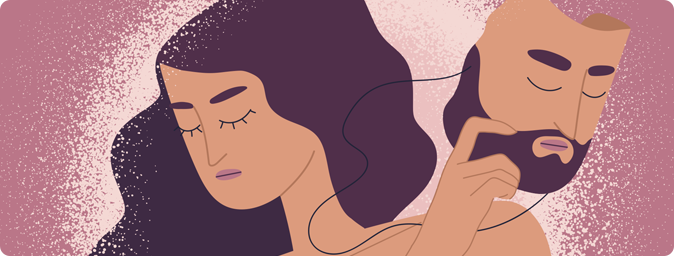
Messages to Sexual and Gender Minorities and their family - Coming out
What is transgender
Transgender, or Gender Dysphoria as an official term, refers to the mismatch between gender identity and the biological sex at birth. In other words, transgenders feel uncomfortable with and can’t accept their assigned sex at birth. Some people may describe it as if a body is displaced. Pursuits vary among the transgender people regarding their own gender issues. Some of them desire to complete a sex reassignment surgery or carry out a cosmetic surgery restricted to parts of their bodies. Others may decide to make changes on their dress-up and make-up or take hormones for the whole life. However, some may also give up making any changes on their appearance with considerations in different aspects of their daily life.

Coming out
The emergence of transgender people and people with different sexual orientation also experienced the following three stages:
Mental Health
According to the reportMental Health of Transgender People in Hong Kong, publicised by Transgender Resource Center and Professor Suen Yiu Tong of the Chinese University of Hong Kong in 2016, 60% of the transgender participants in the research had contemplated suicide, while about 20% of the participants had attempted suicide (Suen et. al, 2016a). Another research suggests that mental health problems of transgenders are caused by different reasons including their experience of social exclusion and being victims in crimes related to gender identity (Suen et. al, 2016b). In other words, mental health of transgender people is mainly affected by discrimination and harms from others. It is crucial not only to provide counselling and other services to the transgenders in need, but also to eliminate the discrimination by deepening the social understanding towards transgender.









